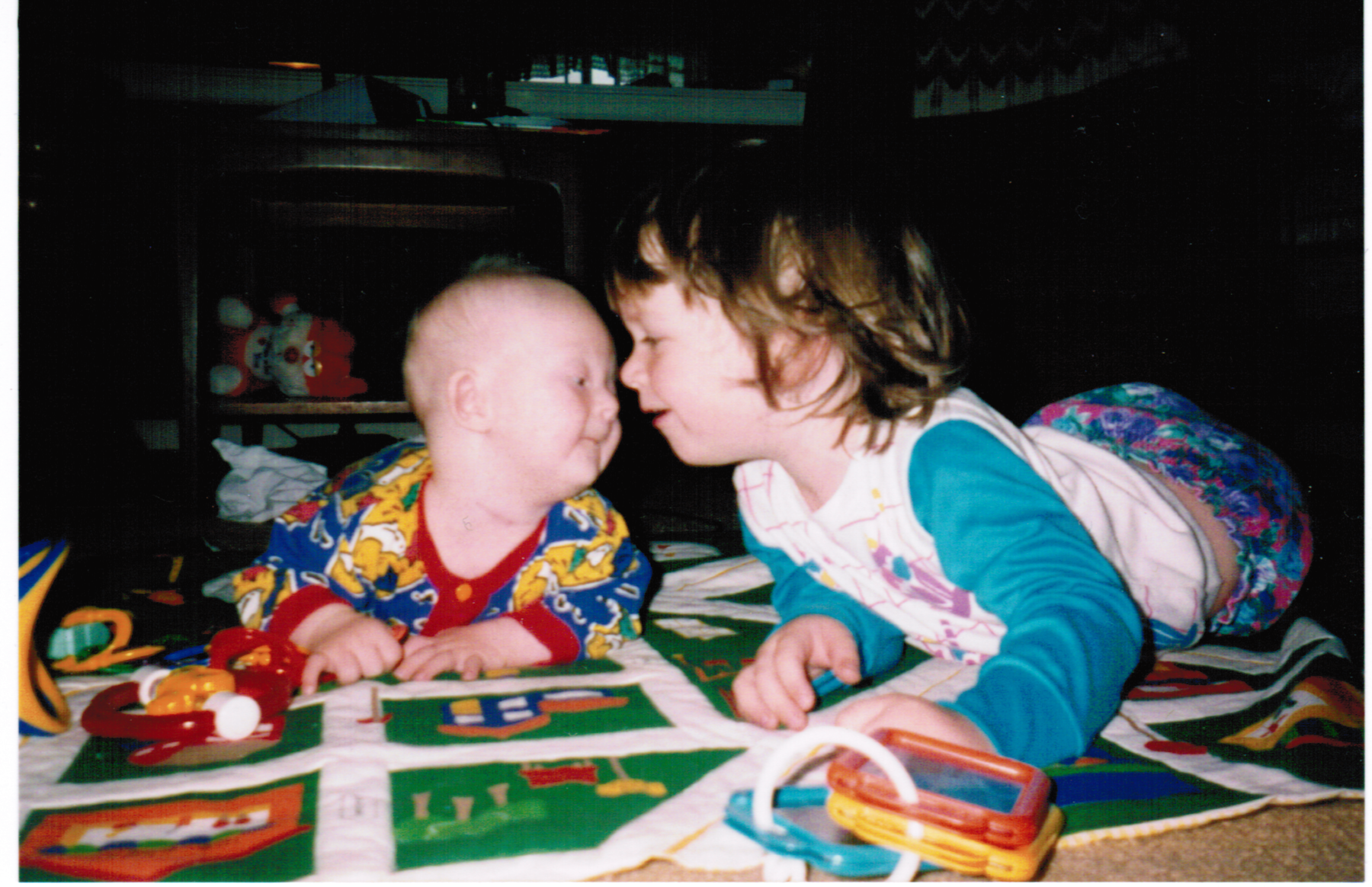(UPDATE 10/16/18 See Below)
We spent an enjoyable Mother’s Day up in Door County (yep, that’s where we used to live, but we still like to go there on vacation.) We had lunch at Al Johnson’s restaurant, where I go to get in touch with my Swedish heritage. We also played mini-golf at Pirates Cove, which my son always enjoys.
While we were there, I couldn’t help but notice a family several holes behind us. What caught my eye was the way the mother was teaching her youngest son, a boy of about five, how to play. She would grab him like a rag doll and jerk him into the proper position at each hole, then reach around him to hold his arms and direct his shots.
He looked really annoyed, and who could blame him? I’m sure his mom meant well, but I don’t think her efforts were having the desired effect. Whenever she took her own turn, however, the boy skipped around with his putter, teased his brother and watched his dad. His face only turned gloomy when he took another turn with his mother glued to him like a backpack.
Seeing her misguided efforts got me thinking about all the ways we try to teach our children. We may instruct verbally, we may demonstrate, or (rarely, I hope) we may grab their little bodies and lead them in doing the activity. While the latter is often resented, sometimes the first two options don’t work very well either. After all, when you have to keep telling kids the same thing over and over, you clearly haven’t taught them by talking to them. And demonstrating doesn’t always work either. I demonstrated how to do dishes so many times to my kids yet often found greasy plates in the dish rack the next day. (I imagine my kids work much harder at getting dishes clean now that it’s their dishes they’re washing!)
The fact is that kids are often not motivated to learn the things we want them to learn. This can result in frustration on their part and ours. Clearly the mother at Pirates Cove cut to the chase by physically manipulating her son into what she considered the proper golfing stance. Perhaps she’d already tried telling him what to do and demonstrating what to do and it didn’t work, so in frustration she turned him into a puppet.
Ultimately we have to ask whether it’s worth humiliating a child to teach him something. Would it have been the end of the world if he hadn’t played properly? Perhaps a few times of losing to the rest of the family because of his lack of skills would eventually motivate him to learn to play better all on his own. Or maybe he doesn’t really care that much about mini-golf; if he’s not a competitive child, he may never care to learn the proper way to play. If that’s the case, I hope his mother comes to accept that this would not be the end of the world. But I doubt it; she looked pretty serious about her mini-golfing to me.
So, how do you react when your child refuses to learn something you’re teaching them? Are some of your children more feisty learners than others? If so, what techniques do you use to teach them?
UPDATE: Since I wrote this post six years ago (can it be that long ago?), I’ve become the grandmother of four children who are now ages newborn, 2, 3, and 6. Watching them grow has reminded me of how eagerly children learn when left to their own devices. You don’t need to coax a child to walk or talk; they’ll do it when they’re ready. When they refuse to learn, we adults need to figure out why. Perhaps they’re being pushed before they’re ready, or maybe they just don’t care about what we’re trying to teach them. One thing I do recall from raising my own four is that when a child’s motivation to learn something comes from within, or once they realize why they need to know something, you can’t stop them from learning. That’s something both parents and teachers need to consider!


